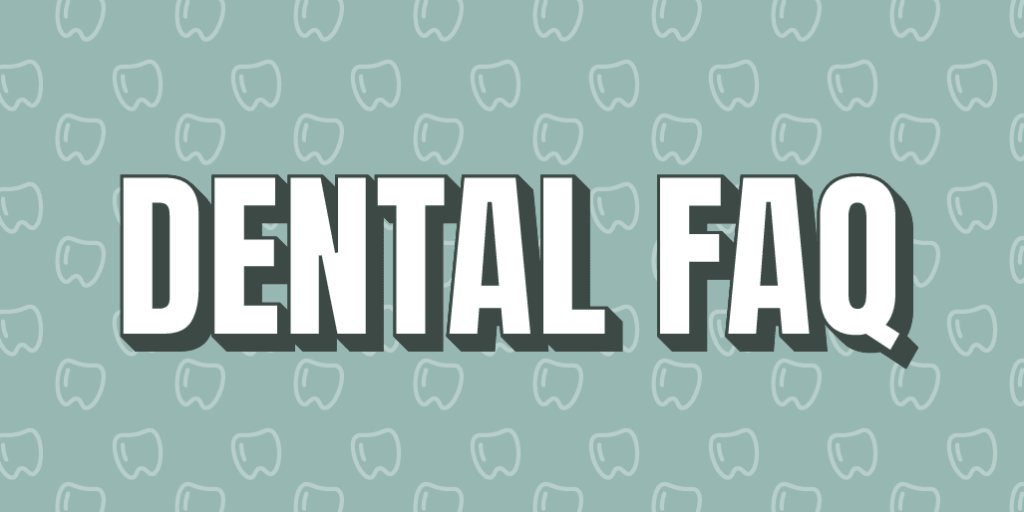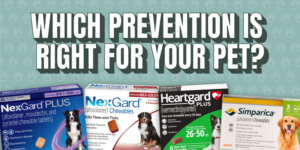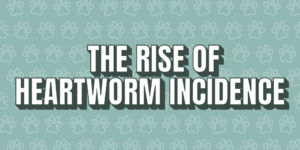Ensuring your pet’s dental health is more than just about maintaining a sparkling smile—it’s essential for their overall well-being. Just like humans, pets require regular dental care to prevent oral issues that can lead to severe health complications. Dirty teeth aren’t just unsightly; they can pose significant risks to your furry friend’s health, potentially even threatening their life. In our FAQ blog below, we’ll delve into the importance of pet dental care and address common questions to help you understand why regular teeth cleanings are crucial for your pet’s health and happiness. Let’s dive in to learn how you can keep your pet’s pearly whites shining bright and their health in top shape!
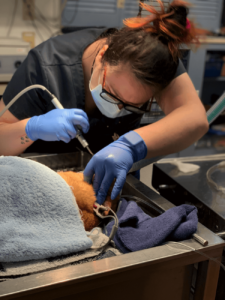
How often does my pet need a dental cleaning?
The frequency of dental cleanings for pets varies based on their individual oral health. While some pets may require cleanings every 12 months, others may go 2-3 years before needing one. However, annual preventative cleanings are recommended to avoid more serious dental issues down the line.
Is anesthesia necessary for pet dental cleanings?
Yes, most pet dental cleanings involve anesthesia to ensure the safety and comfort of the animal during the procedure. Anesthesia allows for a thorough cleaning, including scaling, polishing, and addressing any potential dental issues.
What are the signs of dental problems in my pet?
Common signs of dental issues in pets include bad breath, difficulty chewing, pawing at the mouth, excessive drooling, inflamed gums, and visible tartar or plaque.

Can I brush my pet’s teeth at home?
Yes, brushing your pet’s teeth at home is encouraged to prevent plaque buildup and promote good oral hygiene. Use pet-friendly toothpaste and a soft brush designed for animals, and introduce the process gradually to make it a positive experience for your pet.
Are there alternatives to professional dental cleanings?
While at-home dental care is important, professional cleanings by a veterinarian are crucial for a thorough examination and cleaning. Some dental treats, toys, and diets may complement oral health but are not substitutes for regular veterinary care.
What is the cost of a pet dental cleaning?
The cost of dental cleanings can vary based on factors like the pet’s size, age, extent of dental issues, and geographic location. It’s best to schedule a vet visit for a dental exam to get an estimate.
Can dental problems in pets lead to other health issues?
Untreated dental issues in pets can lead to more severe health problems, including heart, kidney, and liver issues. Regular dental cleanings and care help prevent these complications and contribute to overall well-being.
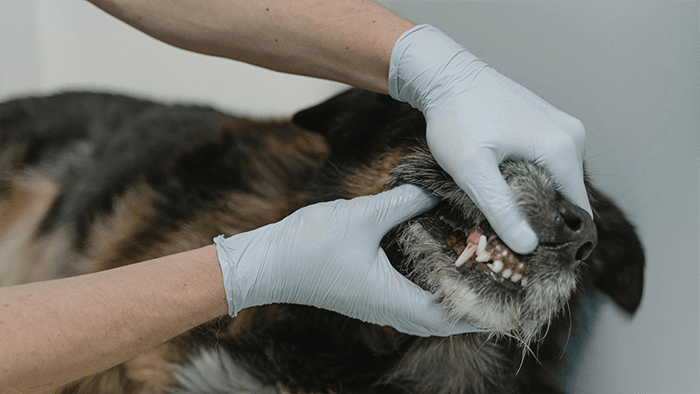
At what age should I start dental care for my pet?
Dental care should begin early in a pet’s life. Starting with dental exams and introducing tooth brushing as a puppy or kitten helps acclimate them to the process, making it easier to maintain good oral hygiene throughout their lives.
What can I do to maintain my pet’s dental health between cleanings?
In addition to regular tooth brushing, provide dental chews, toys, or treats designed to promote oral health. Your veterinarian can recommend specific products and guide you on maintaining a dental care routine at home.
Now that you’re armed with valuable information about pet dental care, it’s time to take action to safeguard your furry friend’s health. Booking a dental exam appointment with Dr. Jay or Dr. Kuhlman is the first step towards ensuring your pet’s teeth and gums are in optimal condition.
Remember, prevention is key to avoiding costly and potentially life-threatening dental issues in the future. By staying proactive and prioritizing your pet’s oral health, you’re not just giving them a reason to smile—you’re investing in their overall well-being and longevity. Don’t wait until it’s too late; schedule your pet’s dental exam today and give them the gift of a healthy, happy smile for years to come!

